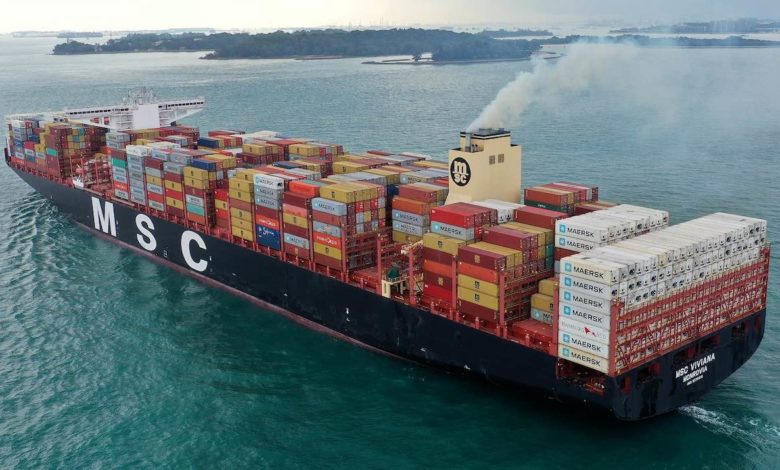ITF calls for carbon pricing

The International Transport Forum (ITF), part of Paris-based OECD, has called for the swift implementation of carbon pricing for shipping to speed up the sector’s shift towards zero-emission ships.
The price gap between conventional and zero-emission ship fuels hinders the adoption of known and sometimes available technological solutions, the ITF has argued in a new 44-page report.
“A price on shipping carbon could help bridge the gap and accelerate deployment by making conventional ship fuels more expensive and zero-emission fuels and energy sources competitive,” the ITF suggests.
Worldwide, 68 generic carbon pricing schemes exist on supra-national, national and sub-national levels.
They cover around 23% of global greenhouse gas emissions, according to the World Bank. Only one scheme, Norway’s national carbon tax, encompasses emissions from maritime shipping.
Studies indicate that carbon pricing on its own is often insufficient because prices are too low to trigger full decarbonisation. They are most effectively applied in tandem with other instruments, such as regulations and standards. Carbon pricing schemes can generate significant revenues and thus provide funds for investing in zero-emission technologies and infrastructure. These could have a long-lasting impact by lowering the costs of zero-emission shipping.
Circumstances are favourable for a “productive” global discussion on carbon pricing for shipping, ITF maintained. At a regional level, the European Union (EU) is advancing its proposal to include shipping in the EU emission trading system (ETS). At the global level, a growing number of countries and shipping industry stakeholders consider carbon pricing a promising measure to decarbonise the sector.
These developments make it more likely to reach a global agreement on carbon pricing in shipping at the International Maritime Organisation (IMO). Five proposals for global carbon pricing schemes for shipping have been submitted to the IMO: levies, a so-called feebate system, an emission trading system for shipping and a reward/penalty system. In addition, there has been a proposal for a maritime fuel standard. Despite differences in approach, there are also considerable overlaps and possible complementarities among the proposals.
The ITF is proposing combining elements of the five different carbon pricing proposals put forward to the IMO. Regulatory instruments such as technical design requirements for ships and a low-emission fuel standard should accompany it.
Under a feebate system, all ships emitting greenhouse gas emissions pay a levy that is used to subsidise zero-emission fuels and energy sources. Ships operating with zero emissions receive a rebate that covers the price difference between conventional fuels and zero-emission fuels or energy sources. This rebate is funded by increased levies for vessels that still burn fossil fuels. In this way, the feebate system incentivises operators to adopt emissions-free energy sources early while burdening late movers with higher costs and increasing pressure to convert. The feebate system should be introduced as soon as possible, the ITF urged this week.
Governments should also agree on a technical design requirement for zero-emission readiness for new vessels, the transport think tank has recommended. This standard would require all new vessels to be capable of running on zero-emission fuels or other zero-emission energy sources. Governments should also consider introducing a low-emission fuel standard that would become progressively stricter and so help to phase out fossil fuels in shipping.
The forum said it was vital that any incoming pricing schemes and standards cover well-to-wake emissions.
